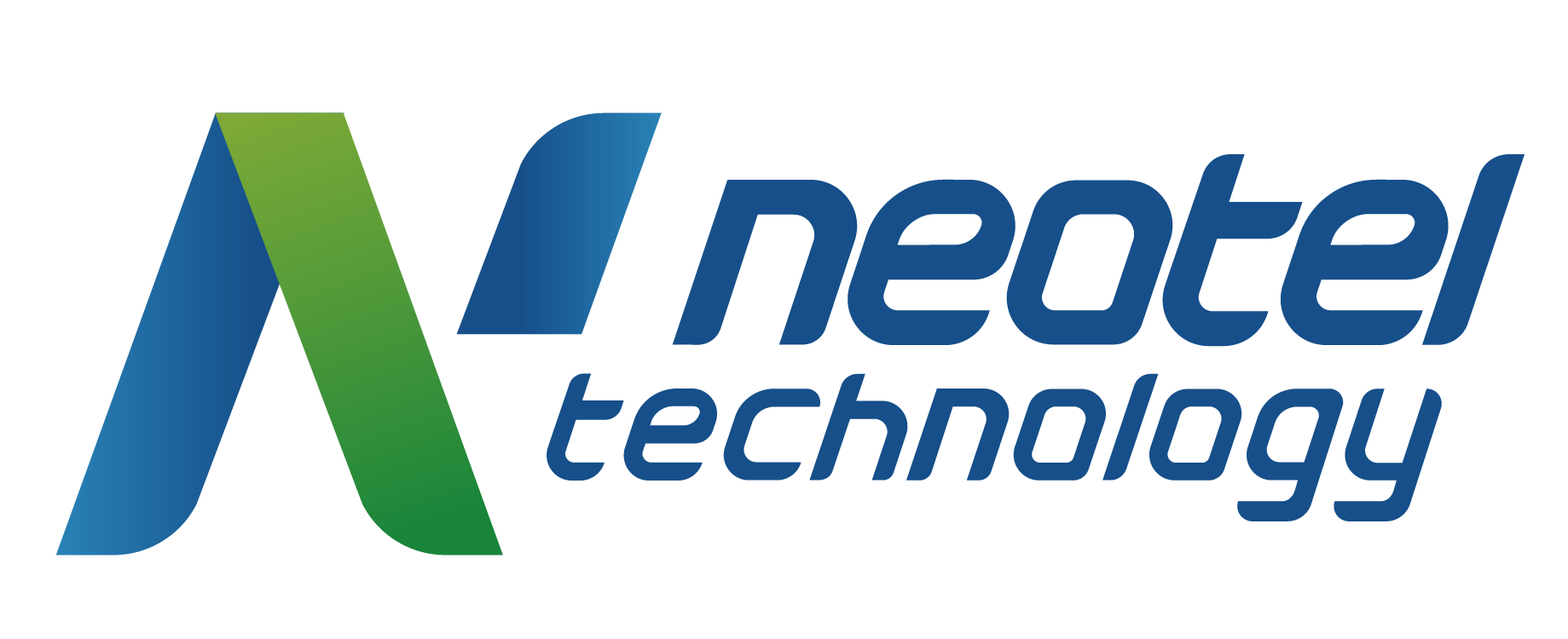What is Andon?
In manufacturing, Andon is a system that enables workers to quickly notify team members and managerial staff of quality or process problems. Typically, Andon is performed by activating a light on a signboard that specifies which workstation has either noticed the quality issue or is experiencing problems.
Andon is a Japanese term roughly translated as “lantern”. And it’s not hard to see why the process was given its name. Andon serves to illuminate problems on the production line as soon as workers see an issue. This enables companies to enact quick responses to problems and pursue continuous improvement frequently.
KEY TAKEAWAYS
Andon is a Japanese term that means “lantern”.
It is a Lean Manufacturing tool that serves to illuminate problems and create the right opportunities for continuous improvements.
It is fundamental that managers and/or supervisors “go see” the issue. This removes bias or miscommunication.
Issues, failures, and inefficiencies are seen as opportunities for improvement and success.
Brief History of Andon
Like many Lean Manufacturing tools and practices, the Toyota Production System (TPS) is responsible for this innovation shortly after WWII.
In early renditions of this practice, when operators noticed an error or had concerns about quality, they would pull the Andon cord. This would stop production and light up a signal board, indicating where the problem was and which workstation pulled the cord. Managers and supervisors would immediately go to the workstation and work to resolve the issue or improve the process.
What’s interesting is that the whole production stopped every time the cord was pulled. It could be pulled by anyone on the line and it was pulled often. For Toyota, this was a key tool to enacting continuous improvement and changing the manufacturing culture to pursue quality and value at every turn. It didn’t matter that production was slowed down, it was worth it to make the product and the process better and better.
Andon & Modern Lean Manufacturing
Though the days of the physical cord may be over, Andon has grown to take many forms and methods around the world. Now, operators can push a button, activate it through their work instruction software, or it can be autonomously activated by equipment and software when problems are perceived.
This practice makes Andon a key Lean Manufacturing tool as it also changes a company’s perspective and culture on problem-solving. Lean is first and foremost a culture within a company.
The Andon light shouldn’t spark fear because of an identified problem, it sparks progress because it identifies areas for growth.
Workers need to feel free to speak up when they see issues or mistakes. The company in turn needs to see every failure as an opportunity to increase value, reduce waste, and pursue improvement.
Andon: 2 Ways
Andon is typically used to make 2 types of advancements.
Fix quality issues
Improve processes
For example, imagine a company fabricates and builds locomotive engines. These engines require several processes and people before the final product can be sent out. This includes welding, assembly, electrical wiring, and more.
One of your assembly employees notices that a weld looks abnormal on one of the pipe fittings. Upon further inspection, she sees that the weld may not supply the adequate strength needed. She goes to VKS and activates Andon. The work instructions are paused and the supervisors are on their way.
This quick response allows workers and managerial staff to quickly resolve the issue. They take a look at the weld in question and concur that the weld is defective. Now they have the opportunity to perform a root cause analysis and inquire with the welding department to resolve the quality issue.
Because the error was caught early and the employee felt free and obligated to notice problems, the quality issue was fixed early in the process.
Lightbulb Pro Tip
Pro Tip
Use VKS Smart Forms to quickly inform the right people of quality issues or process improvements.
Benefits of Andon
As we have seen, Andon supplies companies with a unique operations culture. By simply switching their perspective and illuminating errors, companies experience the following benefits:
Operational transparency: With Andon, nothing is hidden. Companies gain a live view of their operational defects and inefficiencies.
Removal of bias: When Andon is activated, leaders need to “go see” the issue for themselves. This removes pre-conceived notions and potential biases that anyone may have.
Failure leading to success: Workers are encouraged to share problems, failures, and possible improvements as they are noticed. This leads to greater opportunities for improvement.
Decreased waste: As a Lean Manufacturing Tool, Andon works to eliminate waste as soon as it occurs.
Increased value: If the product and process are actively improving according to the needs of the customer and the company, then the value is also always improving.
Responsible and empowered operators: Employees under the Andon and Lean Manufacturing culture take responsibility for the work they perform. They are empowered to be active instead of passively waiting for managers to enact improvements.


